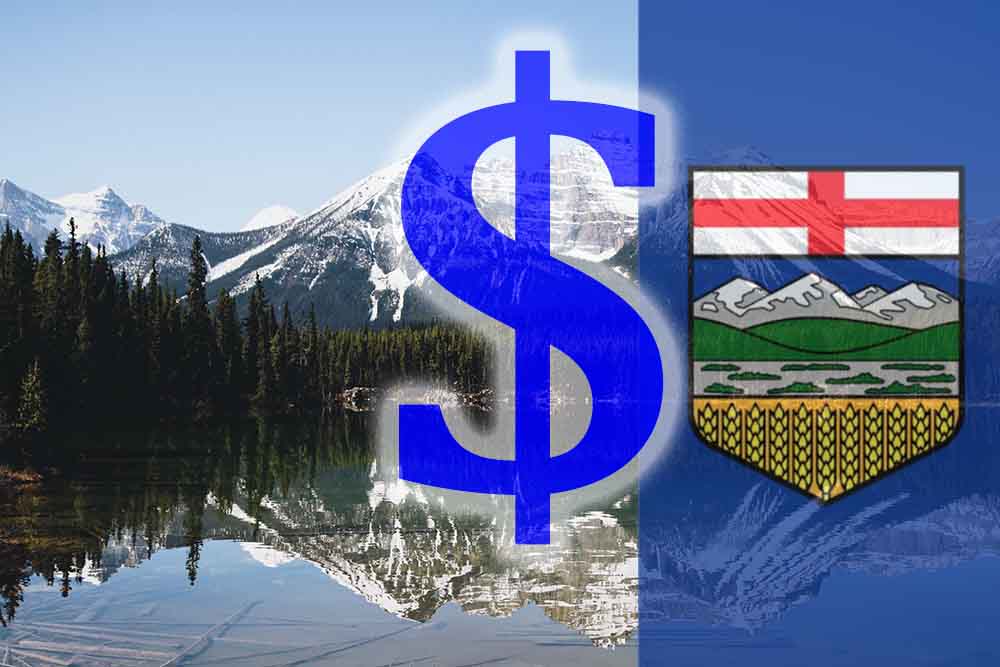Alberta Premier Jason Kenney delivered his first budget in October following the provincial Conservatives’ victory over the NDP earlier this year. His mandate from voters was similar to that of Ontario Premier Doug Ford – to reverse course on the previous administration’s over-spending, deficits, and tax hikes that damaged economic competitiveness.
Although their mandates are similar, the Alberta government’s fiscal plan so far is much more robust than Ontario’s. The most relevant statistic to evaluate each government’s efforts in fiscal restraint is the annual change in program spending. By this measure, the Ontario government got off to a bad start last year, as spending rose from $142.4 billion in 2017-18 to $148.8 billion in 2018-19.
This fiscal year, the Ontario government’s program spending is projected to be $150.3 billion (according to the Q1 outlook); is budgeted to rise to $151.9 billion next year and $153.8 billion in 2021-22. While these increases are lower than what the previous Liberal government had planned, spending is still going in the wrong direction.
Ontario’s Conservatives could learn something about budgeting from their counterparts in Alberta. The Alberta government’s program spending is expected to be $54.6 billion this year (an increase from $54.5 billion last year), but the budget plan targets a decline to $53.1 billion in 2020-21 and then to $53.0 billion for the following two years.
Put another way, in Ontario, program spending is expected to rise by $11.4 billion over the four years from 2017-18 to 2021-22. By comparison, in Alberta, program spending is expected to decline by $1.5 billion over the four years from 2018-19 to 2022-23. The Alberta and Ontario governments have similar mandates to deliver relief for taxpayers, but it’s clearly Alberta’s government that is off to the better start.
Importantly, the Alberta government has not only set out a better direction on program spending, but also on taxes. The Alberta corporate tax rate has already been cut from 12 percent to 11 percent, and is expected to fall to 8 percent by 2022. By contrast, Ontario Premier Doug Ford campaigned on reducing the corporate tax from 11.5 percent to 10.5 percent, but promptly abandoned even that modest promise.
The economic benefits of cutting corporate taxes are significant. Since taxes discourage investment and economic production, every $1 raised by government through taxes costs the private sector more than $1. The cost to society of raising an additional $1 of revenues through provincial corporate taxes, according to a study in 2016 by fiscal economists Ergete Ferede and Bev Dahlby, is $2.91 in Alberta and $5.21 in Ontario.
These costs are borne in large part by workers in the form of reduced wages. Another study by Kenneth J. McKenzie and Ergete Ferede in 2017 estimated that cutting corporate taxes by $1 would raise workers’ incomes by $1.52 in Alberta and $1.97 in Ontario. Clearly, the Ontario government’s decision to abandon its corporate tax cut is a costly one for workers. Meanwhile, Alberta’s plan to cut corporate taxes is likely to increase employment by about 55,000 jobs, according to economist Jack Mintz.
If the Ontario government really intends to deliver relief from taxpayers and encourage economic growth, as it was elected to do, it should take lessons on both spending restraint and tax policy from the Alberta government.



